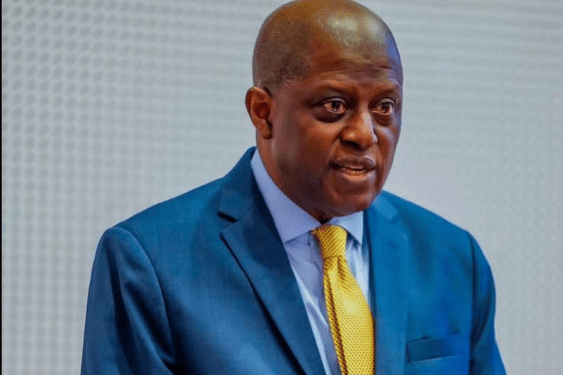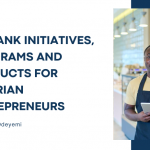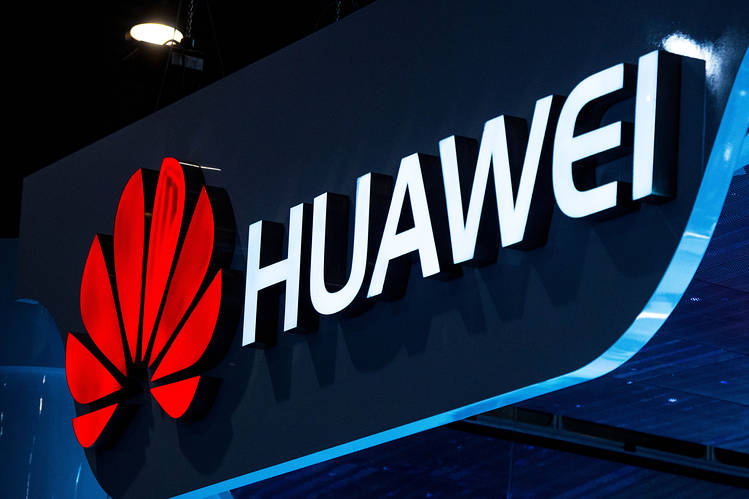The Governor of the Central Bank of Nigeria (CBN), Olayemi Cardoso, has emphasized the need for the recapitalization of Nigerian banks to ensure that micro, small, and medium enterprises (MSMEs) can access sufficient capital for growth. Speaking at the second International Financial Inclusion Conference 2024 in Lagos, Cardoso highlighted that access to finance remains one of the biggest challenges for many Nigerians, particularly for small businesses and underserved demographics.
Cardoso explained that the CBN’s plan to mandate commercial banks to raise their capital base over the next two years is a strategic move to strengthen the banking sector’s ability to extend credit to MSMEs. “By recapitalizing, we’re ensuring that our banks are robust enough to take on greater risks and serve markets that have historically been underserved,” he said.
The CBN Governor pointed out that nearly one-third of Nigerians struggle to access the capital necessary to expand their businesses, save for the future, or obtain insurance. This financial exclusion has been a major barrier to economic growth, particularly in rural areas and for vulnerable populations. He noted that financial inclusion is central to Nigeria’s long-term economic development goals, with a target of achieving 95% financial inclusion across the country.
Cardoso outlined that a more capitalized banking system would allow financial institutions to offer more loans and financial products to MSMEs, rural communities, and women, all of whom have struggled to access formal financial services. This move, he said, is crucial for fostering inclusive economic growth. “Financial inclusion holds the key to unlocking sustainable economic growth by providing these underserved groups with the tools they need to succeed,” he said.
He emphasized that MSMEs are responsible for more than 80% of employment in Nigeria, yet many of these businesses find it difficult to access the necessary credit to expand. Financial inclusion for MSMEs, he argued, is not just about facilitating access to loans, but also about empowering entrepreneurs and enhancing job creation across the country. He added that banks with stronger capital bases would be better positioned to invest in technology and innovation, which are essential for the expansion of digital financial services, including mobile money and agent banking. These innovations, he noted, are key to overcoming geographic and economic barriers, helping to provide financial services even in Nigeria’s most remote regions.
Cardoso also highlighted the importance of financial inclusion for women. He explained that when women are financially empowered, they reinvest their earnings into their families and communities, generating positive ripple effects across the economy. However, despite their critical role in driving economic growth, women in Nigeria continue to face significant challenges in accessing the formal financial system. To address this, the CBN has introduced various initiatives aimed at closing gender gaps and providing easier access to financial services for women, including supporting digital platforms that cater specifically to them.
The CBN’s efforts also extend to the youth, as Cardoso noted that young Nigerians are increasingly becoming entrepreneurs and contributing to economic growth. Through financial literacy programs and the promotion of digital financial tools, the CBN is working to empower young people, providing them with the knowledge and resources they need to succeed.
Philip Ikeazor, CBN’s Deputy Governor for Financial System Stability, added that the financial exclusion rate in Nigeria has significantly reduced from 46.3% in 2010 to 26% in 2023. Despite this progress, Ikeazor pointed out that over 28 million Nigerians still lack access to formal financial services, with MSMEs, women, youth, and rural communities being the most affected. He stressed that the CBN, alongside other stakeholders, must continue to address these gaps to ensure that financial inclusion reaches all Nigerians.
The Deputy Governor also underscored that while Nigeria has made notable progress in financial inclusion, challenges remain, particularly in Northern Nigeria, where financial exclusion remains a pressing issue. Ikeazor reiterated that ensuring financial access to these excluded demographics will be critical for achieving the CBN’s vision of a fully inclusive financial system in Nigeria.
In conclusion, Cardoso reaffirmed that the CBN’s commitment to recapitalizing banks and promoting financial inclusion is a vital strategy for unlocking the full potential of Nigeria’s economy. By empowering MSMEs, women, and youth with better access to finance, Nigeria can build a more inclusive, resilient, and prosperous economy. The collaboration between the CBN, commercial banks, and other stakeholders in the financial sector will be pivotal in achieving these goals, ensuring that no Nigerian is left behind in the country’s financial system.










